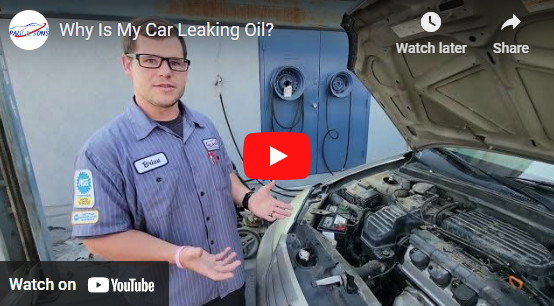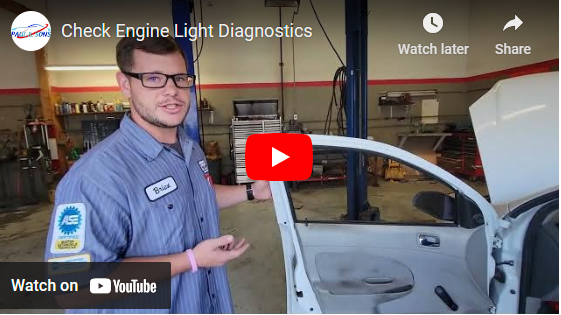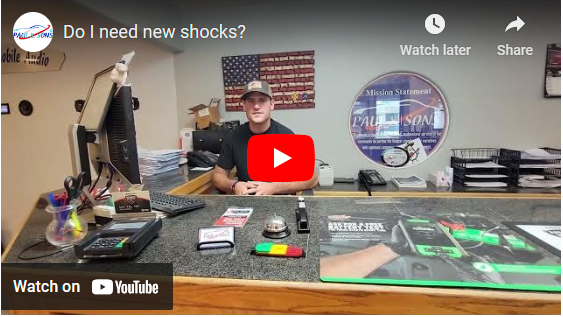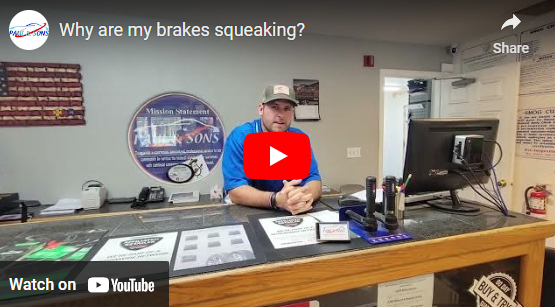Posted on 7/30/2024

Why is my car leaking oil? An oil leak can be caused by a variety of issues, and it's important to address it promptly to avoid more serious damage. Here are some common causes: Worn or Damaged Gaskets Engine gaskets, like the valve cover gasket or oil pan gasket, can wear out or become damaged over time, leading to leaks. Oil Filter Issues If the oil filter isn’t properly installed or has become damaged, it can cause oil to leak. Sometimes, a loose filter can also be the culprit. Oil Drain Plug Problems The drain plug, which is used to change the oil, might be loose or have a damaged seal, allowing oil to escape. Cracked Oil Pan The oil pan can crack due to road debris or impact, causing a leak. Faulty Oil Pump If the oil pump is malfunctioning, it can lead to oil leaks. Engine Seals Various seals in the engine, such as the rear main seal or front cran ... read more
Posted on 7/19/2024

Check Engine Light Diagnostics The check engine light, also known as the malfunction indicator lamp (MIL), is part of your vehicle's on board diagnostics system. When it illuminates, it indicates that the engine management system has detected a problem with one or more components or systems in your vehicle. Brian here is demonstrating an example of CEL diagnostics and why a scan tool is simply just a tool in the process and not the immediate answer to a CEL
Posted on 7/18/2024

How do I know if I need new shocks? Determining if you need new shocks (or struts, which are similar components) involves checking for several signs of wear and performance degradation: Ride Quality: If you notice a significant change in how your vehicle rides—such as increased bouncing, excessive vibration, or a rougher ride over bumps—it could indicate worn shocks. Handling Issues: Worn shocks can lead to poor handling characteristics. You may experience excessive body roll during turns, nose-diving when braking, or instability at higher speeds. Uneven Tire Wear: Shocks help maintain proper tire contact with the road. If you notice uneven tire wear patterns, especially cupping (where the tread wears unevenly in patches), it could be due to worn shocks. Leaking Fluid: Visible fluid leaking from the shock absorbers or struts is a clear sign of internal damage and indicates they n ... read more
Posted on 7/10/2024

Brake Pad Wear: When brake pads wear down, a wear indicator may start to squeal against the rotor, signaling it's time for replacement. Brake Dust: Accumulated brake dust can cause squeaking. Cleaning the brakes or driving to burn off excess dust might help. Moisture or Weather: Humidity or rain can cause temporary squeaking until the brakes dry out. Rotor Condition: Uneven rotor wear or rust buildup can create squeaks as the pads contact the surface. Quality of Brake Pads: Low-quality brake pads may squeak more frequently than higher-quality ones. #automotive#brakeservice#automotiverepairs#brakesystems